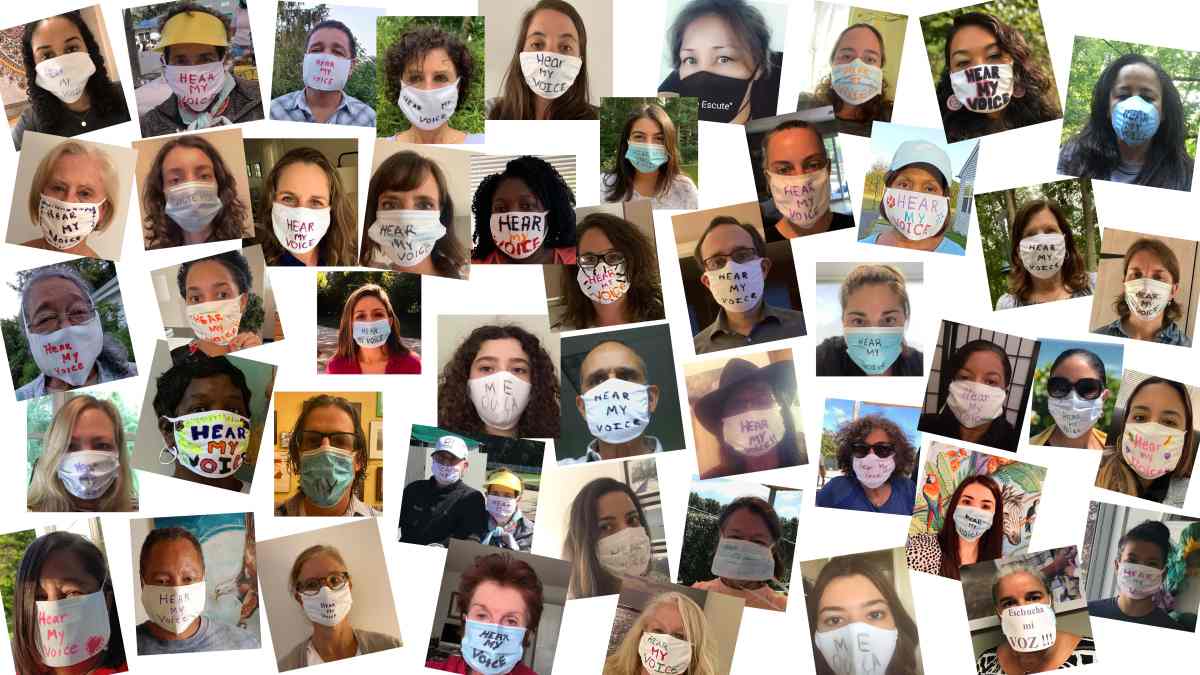During my sophomore year of college, I had a dorm-mate who returned to campus after visiting her boyfriend, often sporting a black eye and bruises. My friends and I tried to probe about how her injuries had occurred. She denied her boyfriend was responsible, instead blaming her own clumsiness.
Looking back, I regret that I did not press my friend to seek help through the Student Health Center. A couple years later, a childhood friend took a job at a new shelter for battered women in Baltimore, for which she tirelessly fundraised as its first executive director. Until then, I did not know services like those her organization provided were available to victims of domestic violence and intimate partner violence.
Nor was I aware a similar organization existed in the Hamptons. Five years ago, I met Loretta Davis on a freezing February afternoon while waiting for the Jitney. She had recently taken on the executive director position at The Retreat.
The 33-year-old nonprofit organization is based in East Hampton, with additional offices and facilities located elsewhere on Long Island. At The Retreat, Davis and her staff provide safety, shelter, and support to domestic abuse victims. This includes intimate partner violence, sexual assault, sex trafficking, and bullying.
October is Domestic Violence Awareness Month. This issue affects people of all racial, economic, educational, and religious backgrounds in heterosexual and same sex relationships. More than 10 million adults experience domestic violence annually in the U.S., according to the National Coalition Against Domestic Violence and the Center for Disease Control and Prevention.
In 2019, 95 percent of the clients served by The Retreat were women, with children making up two-thirds of all shelter occupants. The organization’s telephone hotline is open 24/7. But as the pandemic hit earlier this year, the hotline went quiet, a sign that those experiencing violence at home may have been locked down with their abusers. As a result, The Retreat’s team had to develop new ways to address clients’ needs and to supplement existing services.
“Our goal was to provide access to all services, but in new and innovative ways,” said Davis. “We created a chat platform with an escape button for survivors to reach out for help. Advocacy, legal services, and counseling became accessible via web conferencing, phone sessions or socially distanced meetings.”
New York State residents and those around the country continue to face the COVID-19 crisis, including the economic toll. Pew Stateline recently reported mothers of small children have lost work at three times the rate of fathers during the pandemic, potentially creating more stress for families. To that end, The Retreat stepped in to help clients with basic needs, supplying food, rent, and transportation.
The Retreat also stepped up their community outreach and coalition building. This includes working with schools and colleges, local businesses, and other groups including the Girl Scouts to educate children and adults about domestic and sexual violence. Programs at the elementary, middle, and high school level teach students how to have healthy and respectful relationships.
Last year, 5,000 students were educated about violence prevention. This knowledge deters young people from modeling adult behavior that can contribute to growing tensions and escalating incidents at home. Should the situation escalate into violence, victims may turn to the Retreat’s shelter for safe nights. Case management and legal services are available, along with skilled advocates who have had a 90 percent success rate in obtaining Orders of Protection when necessary.
Domestic violence silences victims out of fear and shame, like that of my college friend’s experience long ago. Given the isolation created for many by the pandemic, we must continue to educate our communities, to speak out against abusers, and to support survivors with adequate resources, so that they can be given the opportunity to move forward and remake their lives.
As part of The Retreat’s mission, the nonprofit encourages people to make their voices known, especially on behalf of those who cannot speak. Their current campaign, “Hear My Voice” urges supporters to post a mask selfie on social media with the #hearmyvoice.
Domestic Violence Awareness Month will soon pass, but the problem remains. Join with The Retreat team, survivors, educators, and supporters in the community to continue their efforts. Further information is available at againstallabuse.org
Nancy Gendimenico is a freelance writer and editor based in New York City. Follow her on Twitter @ngendimenico.
For more opinions visit longislandpress.com/category/opinions
Sign up for Long Island Press’ email newsletters here. Sign up for home delivery of Long Island Press here. Sign up for discounts by becoming a Long Island Press community partner here.



































